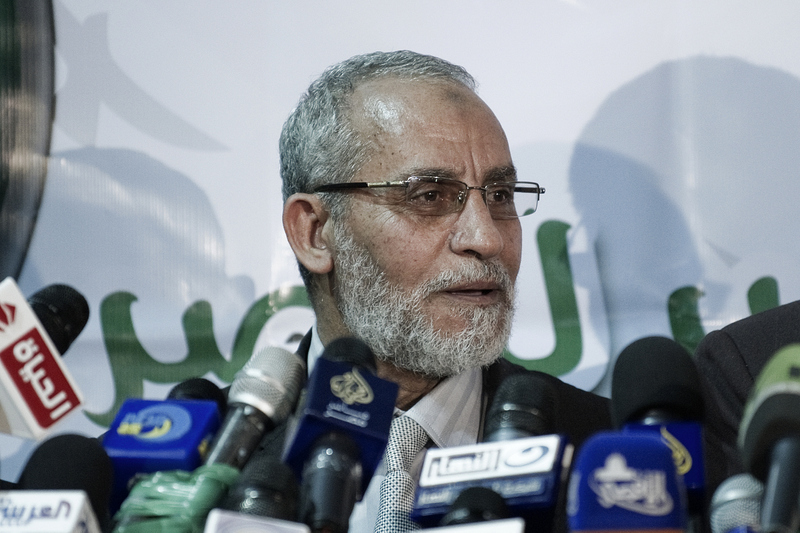
(Photo courtesy of the World Bank)
The ongoing Syrian war and the spread of the Islamic State in Iraq and the Sham (ISIS) have caused a $35bn loss to their neighbouring countries, according to the World Bank.
The report said the affected countries were Egypt, Syria, Lebanon, Jordan, Iraq and Turkey.
A paper was published Thursday on the economic effects of the Syrian war and ISIS by the World Bank’s Office of the Chief Economist, Middle East and North Africa region, and prepared by Elena Ianchovichina and Maros Ivanic.
The paper explains that the cumulative economic size of these economies, measured by their GDP, could have been $35bn larger if the war had not occurred. The amount is equal to Syria’s GDP in 2007, according to the World Bank.
The figure does not include the cost of services and infrastructure borne to accommodate refugees in the hosting countries.
The paper quantifies the economic effects of the Levant conflict using a global computable general equilibrium model with new details on the Levant economies. The analysis factors in both the direct economic effects of the Syrian war and the advance of ISIS and its opportunity costs due to foregone deep trade integration initiatives in the region, the paper said.
Mentioned in the paper was the per capita loss for Levantine economies but not in aggregate terms. This was due to the inflows of refugees boosting population numbers, and therefore aggregate consumption, investment, and labour supply.
The analysis suggests that Syria and Iraq bear the brunt of the direct war costs, losing 14% and 16% in per capita welfare, respectively.
“The embargo on trade with Syria is a major factor behind this country’s real GDP decline, which is estimated at 30% and is much larger than its per capita output decline of 13%, due to the effect of Syrian refugees and war casualties on the population count,” the report said.
In Iraq, the per capita welfare losses are associated with the deteriorating environment and the resulting decline in productivity.
Lebanon’s per capita welfare losses are largest and reach close to 11%, while those of Turkey, Egypt, and Jordan do not surpass 1.5%. “The difference between aggregate and per capita welfare effects is most pronounced in Lebanon, where the increase in the refugee-to-citizen ratio is greatest, and minimal for Turkey and Egypt, where refugees account for a small share of the population,” the paper suggested.
With regard to the harmed categories, the paper said all economic agents are hurt but landowners lose the most as derived demand for land declines dramatically reflecting the outflow of refugees. However, in Lebanon and Turkey land and capital owners benefit while workers lose because the inflows of refugees put pressure on demand for goods and services and depress wages by augmenting labour supply.
The paper also mentioned that the direct sectoral effects are negative only in Syria and Iraq, but Jordan and Lebanon register sectoral expansions due to the influx of refugees, affecting the demand for goods and supply of labour. The direct sectoral effects of conflict in Turkey and Egypt are negligible, the paper added.



